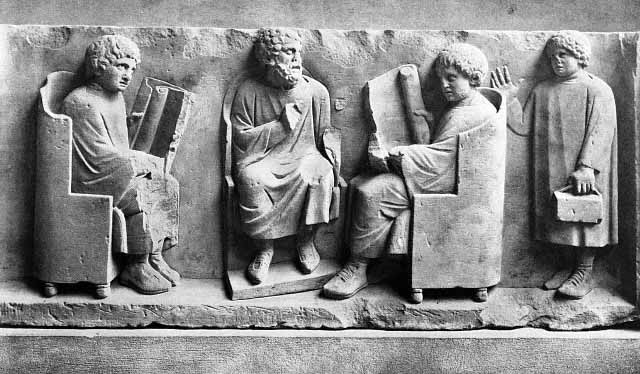Are you inclined to think that the “life of the mind” is for scholars and savants? Have a nagging suspicion that classical education is for the leisure class and the literati, but not for the ordinary, American citizen? Nothing could be further from the truth.
Nearly a decade ago, Scott Samuelson wrote an essay in The Atlantic titled “Why I Teach Plato to Plumbers,” reminding us why a liberal arts education, properly understood, is good and necessary for all citizens of a free society.
To be sure, the liberal arts historically were the province of the aristocracy. But that is due not to the nature of a liberal education, but to the social context in which formal learning took place. Samuelson recalls Henry David Thoreau: “We seem to have forgotten that the expression ‘a liberal education’ originally meant among the Romans one worthy of free men; while the learning of trades and professions by which to get your livelihood merely, was considered worthy of slaves only.”
The blessings of liberty—and the benefits of an education—now extend to all Americans, as do the civic duties necessary to sustain the enterprise of self-government. Yet despite this, modern, progressive education is obsessed with marketable skills and job-readiness, teaching with an eye toward “future employment and technological progress,” rather than knowledge and understanding.
Scientific advancement and productive employment are important and valuable things. But they are not themselves the proper aims of an education “worthy of free men.” Uncorrected, the price of our error will be not only a citizenry that is largely uneducated—it will be a society that is no longer capable of being truly free.


